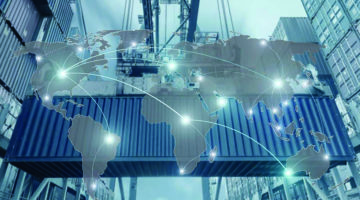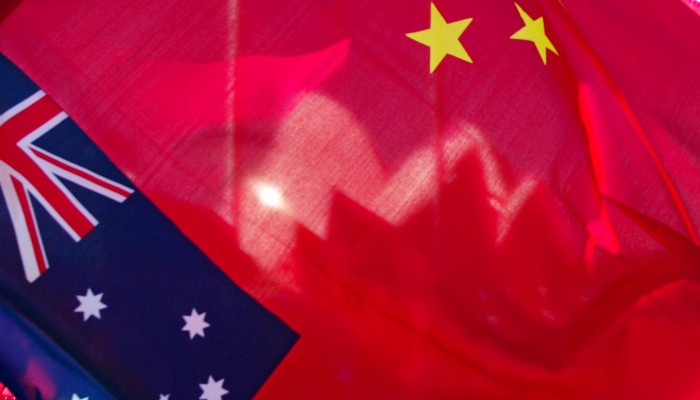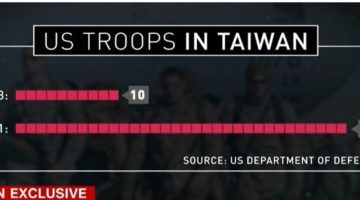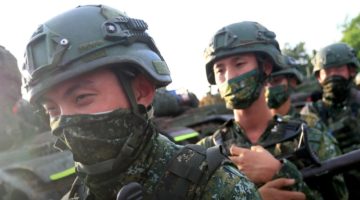By Ross Babbage, Chief Executive Officer, Strategic Forum, Australia1
I. The Evolution of The Risks: From Trading Disputes to Genuine Coercition
In recent months the Chinese government has imposed heavy restrictions or bans on the importation of Australian barley, wine, copper ore, sugar, cotton, timber, lobsters, coal and a range of other products. These Chinese sanctions have been imposed in retaliation for Australian steps to prevent foreign interference in the country’s internal affairs and Canberra’s call for an independent international investigation into the origins of COVID 19. In consequence, we are currently under some pressure.
But the challenge we face is not really a trading dispute. What we are seeing is Beijing pressuring the Australian government and people to give away some of their sovereignty. And frankly, both the government and the political opposition in Australia are not prepared to give much ground.
In its attempts to coerce Australia, the Chinese are actually using a much wider range of instruments than just trade sanctions. The regime has substantially ramped up propaganda against us, expanded the coercive operations of a range or front organizations in Australia and substantially increased its cyber operations. The level of espionage against Australia now is more intense than it was at the height of the Cold War.
The Xi regime perceives Australia’s trading relationship to be a weakness that they can exploit simply because China buys more than a third of the country’s exports.
There are many people in Europe, the United States and elsewhere who still think that the regime in Beijing is a normal government that can be treated like any other international player. In my view our friends abroad need to take a closer look at Beijing’s track record, its recent behavior and the nature of the challenges the Chinese regime is likely to pose to them in coming years.
The official community in Australia takes a different view and believes that the Chinese regime is anything but benign. Largely because of the coercive behavior of the Chinese party-state, Canberra has been forced to tighten legislative frameworks, restrict foreign influence operations, restructure foreign investment controls and strengthen a wide range economic, community and national security defenses.
—–
1 This is three-part article written by Ross Babbage and published with the authorization of our media partner Second Line of Defense. According to his biography published on Wikipedia, “Ross Babbage (born 1949) is the Chief Executive Officer of Strategic Forum Pty Ltd and a Non-Resident Senior Fellow of the Center for Strategic and Budgetary Assessments (CSBA) in Washington DC. Dr Babbage is also Managing Director of Strategy International, a national security consulting and educational services company. Dr Babbage formerly held the position as Head of Strategic Analysis in the Office of National Assessments and Assistant Secretary for ANZUS and then Force Development in the Department of Defence. He has also been an advisor to various government ministers and department. Babbage was educated at Barker College in Sydney. He subsequently completed bachelor’s and master’s degrees in economics from the University of Sydney and a PhD in International Relations from the Australian National University.”
Photo © AFP, as published in >>> https://www.scmp.com/economy/china-economy/article/3091182/why-has-china-australia-relationship-deteriorated-what-some












